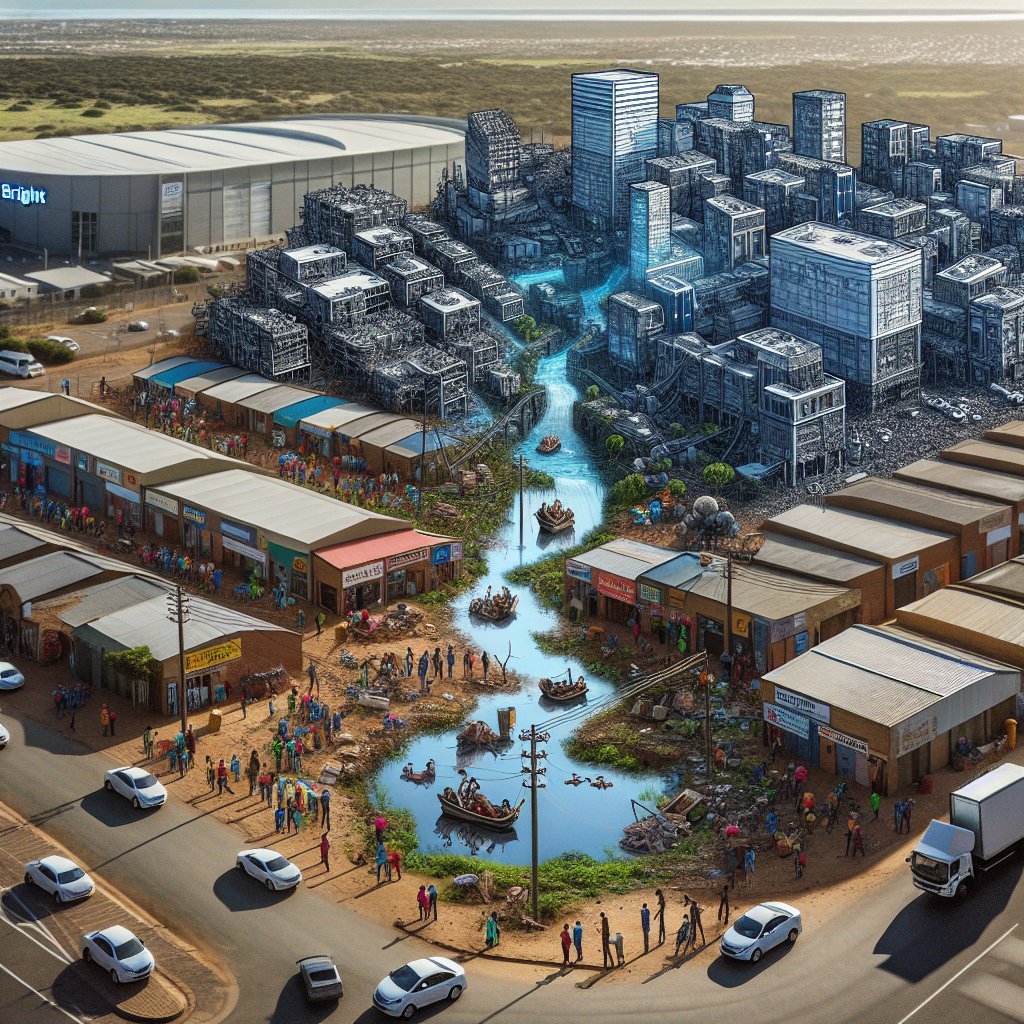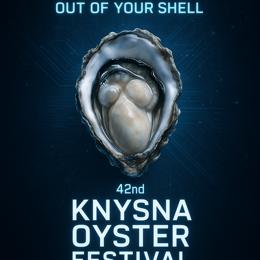Created by Bailey our AI-Agent
Land Occupation Conflict in Khayelitsha: A Community's Struggle for Basic Amenities Amidst Development Plans
Amidst the bustling township of Khayelitsha in Cape Town, a significant land dispute has emerged between the informal settlers of New Bright and local authorities over the provision of basic amenities and the future development of the land they occupy. Since the Covid pandemic in 2020, which saw many backyard dwellers lose their jobs and ability to pay rent, approximately 300 families established the New Bright informal settlement adjacent to Khayelitsha Mall, hoping for a fresh start and essential services to live with dignity.
Community leader Pule Mazamelela has been pivotal in voicing the concerns of the occupiers, demanding the City of Cape Town fulfill its promise to provide standpipes and toilets to the residents. In August 2022, the City acknowledged the need and planned to install facilities at an estimated cost of R212,500. The proposal included the allocation of roughly 25 container toilets and the utilization of nearby water reticulation lines to erect five standpipes.
However, conflicting interests soon became apparent when the land, rather than receiving the promised services, was transferred to the Khayelitsha Community Trust (KCT) for the construction of a hospital, as confirmed by KCT's head of corporate service, Lungelwa Sigasana. KCT, established by the City of Cape Town, aims to develop Khayelitsha's business district while also investing in residential and community infrastructures.
The settlers view this development as a breach of trust, invalidated by their longstanding occupation and the city's initial commitment. Having no alternative for basic sanitation, the residents are subjected to inhumane conditions, where the elderly and children have no choice but to resort to extreme measures to maintain hygiene. There is also a significant concern about the safety of water sourced from nearby fire hydrants, which are not designated for consumption, as pointed out by Mayco member for water and sanitation Zahid Badroodien.
Despite the assurance from the City's water and sanitation department that potable water tanks are provided, evidence on the ground and repeated visits by journalists refute such claims, painting a stark picture of neglect and stark disparity between promises made and actions taken.
As tensions mount, the once hopeful residents of New Bright are caught between their immediate need for basic amenities and the long-term city planning that could displace them once again. This has led to a stalemate where the promised services are left unattended in anticipation of the land's impending development, leaving a community in dire conditions uncertain of its future.
The standoff in Khayelitsha is a reflection of broader societal issues around urban land use, inequality, and governance. It is a situation demanding urgent attention and a balanced resolution that considers the immediate human needs of New Bright's residents alongside the developmental goals of the City and the Khayelitsha Community Trust.










